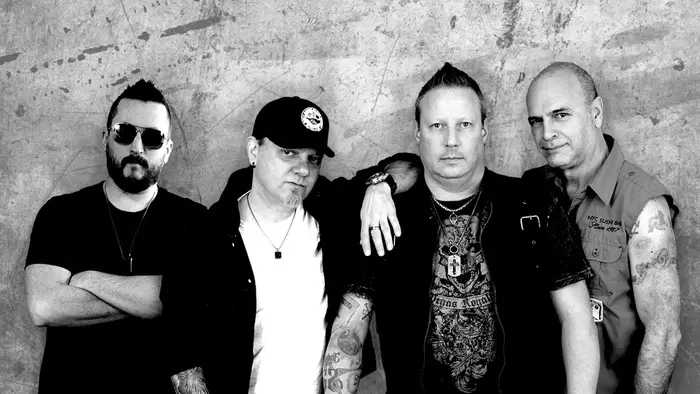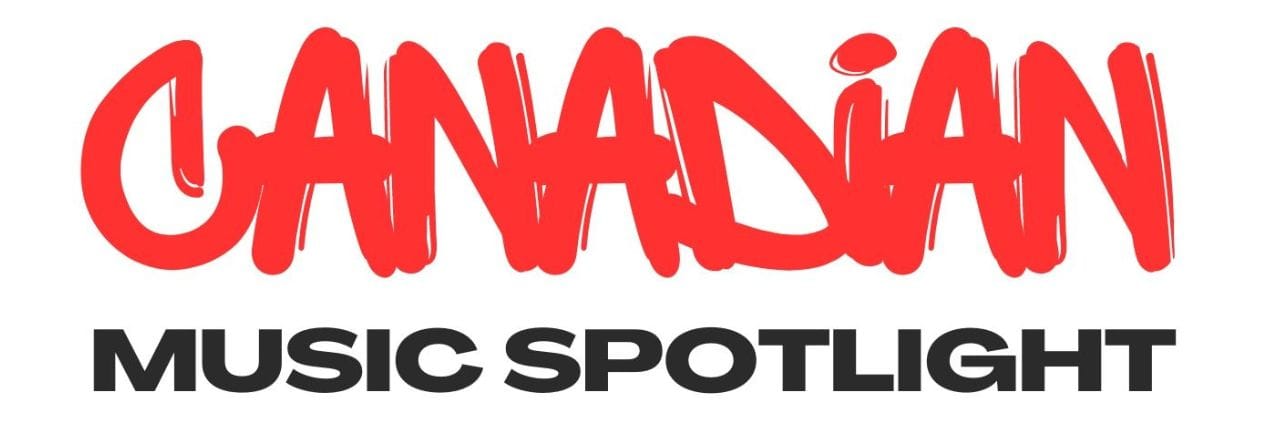Lyric Writing

You're at the piano or cradling your favourite acoustic guitar when inspiration strikes. In a whirlwind of creativity, you pound out a series of chords that sound like they were divinely inspired. This is the moment you've been waiting for—the ultimate song. You're convinced it's the greatest song ever composed, and once you share it with the world, the heavens will open and angels themselves will join in your refrain. Only one task remains. You grab your writing pad, ready to jot down lyrics that will move grown men to tears and make women swoon. You place the pen on the paper, ready to pour out your soul, and then...
Our love is like a fine wine
It won’t turn to vinegar
Because inside my mind
Our love is...big-ener
Okay, maybe the words you write don’t compare love to vinegar, but you get the idea.
So what is it about writing song lyrics that is so challenging? I don’t mean just any lyrics, but really good lyrics that tell the story and perfectly complement the melody you’ve written.
Let me share with you some guide posts that have helped me craft lyrics that connect with listeners on a deeper level.
First, authenticity is key. Great lyrics come from real emotions and experiences. Draw from your own life – the heartbreaks, triumphs, observations and the quiet moments that shaped you. Listeners can sense when you're being genuine, and they'll feel your vulnerability. Whether they’re aware it or not, you’re audience needs to connect with your lyrics to really fall in love with the song.
Second, show don't tell. To me, this is one of the most important aspects of lyric writing. Instead of stating "You’re gone and now I'm sad," describe the sensations you get when you stare at the half-drunk coffee cup that's been sitting on your ex- partner's nightstand for three days, or how empty you feel when you look at the pictures of happier times together. Concrete imagery creates much more powerful emotional connections than simple statements. Think of your lyrics as a series of vivid snapshots that bring your listener into your world. Paint them a picture.
Third, respect the marriage between lyric and melody. Great lyrics work in harmony with the music, not against it. Pay attention to where syllables fall on strong beats. Consider how vowel sounds affect the emotional quality of your song. For instance, open vowels like "ah" and "oh" can convey openess and power, while closed vowels like "ee" and "oo" often feel more intimate. Try to also avoid clunky sounding words that don’t work with the melody or feel too forced.
Lastly, don’t restrict yourself on your first pass. When you’re first nailing down lyrics, turn off your internal editor and just write down whatever comes out. The point is to get the words out first, then edit later. You would be surprised at how many times I’ve re-written lines only to come back to what I had originally written. Sometimes the best version is the first one.
Ultimately, the song belongs to you. Only you will understand what the lyrics should express, and you must have faith in your ability to articulate them.
Hopefully, these tips will guide you toward becoming slightly more descriptive than ‘our love is big-ener’. As with any acquired skill, lyric writing is a craft that gets better with practise, so write, write, write!
Rob Barton is vocalist for Suicide Star
Website: suicidestarmusic.com
